It turns out that the custom of the Dragon Boat Festival is not just to eat zongzi, but also these …
The "end" of the Dragon Boat Festival is the original meaning. In ancient times, May 5th was also called noon, and noon was a sunny day, so the Dragon Boat Festival was also called Duanyang Festival, Duanwu Festival, Chongwu Festival, Tianzhong Festival and Zhengyang Festival.
"Dragon Boat Festival" is the first of the four traditional festivals in China (Spring Festival, Tomb-Sweeping Day, Dragon Boat Festival, Mid-Autumn Festival) to be selected as an intangible festival in the world. Originally, it was a festival for Chinese people to get rid of diseases and prevent epidemics. Later, due to the death of poet Qu Yuan on this day, it became a traditional festival for China people to commemorate Qu Yuan. In some areas, Wu Zixu and Cao E were also commemorated.

The Dragon Boat Festival originated in China, and the culture of the Dragon Boat Festival, which has been continuously developed by the Chinese nation since ancient times, is profound. The customs of the Dragon Boat Festival are quite different in different regions in ancient times. However, with the increase of personnel flow and information exchange, they are gradually converging.
May 5th is the anniversary of Qu Yuan’s death in the river. Therefore, most of the customs of Yichang Dragon Boat Festival are to drive away drugs and diseases, preserve health and prolong life, and commemorate Qu Yuan. According to the records in "Records of Yichang Prefecture and Local Records" in 1866, the fifth year of Tongzhi in Qing Dynasty:
"May 5, hanging YiPu in the door, with Angle of millet, salted eggs phase feed heritage. At noon, drink realgar cinnabar wine, and use Aipu to pour it into male yellow wine, and sprinkle it all over the house walls, so that the clouds will open up snakes and insects. Apply its juice to children’s otorhinology, and the cloud will be poisonous. Catch toads again, put ink into the belly, take them out once they are dry, and smear them with swollen poison. Women use cocoons as tigers and wear mugwort leaves on their heads. It’s a day of dragon boat racing, and Chu customs are the same. On the fifteenth day, it was called Daduanyang, and it also ate corn and drank Pu wine. On the thirteenth, fourteenth and fifteenth days, the dragon boat won the championship, which was different from other counties. "
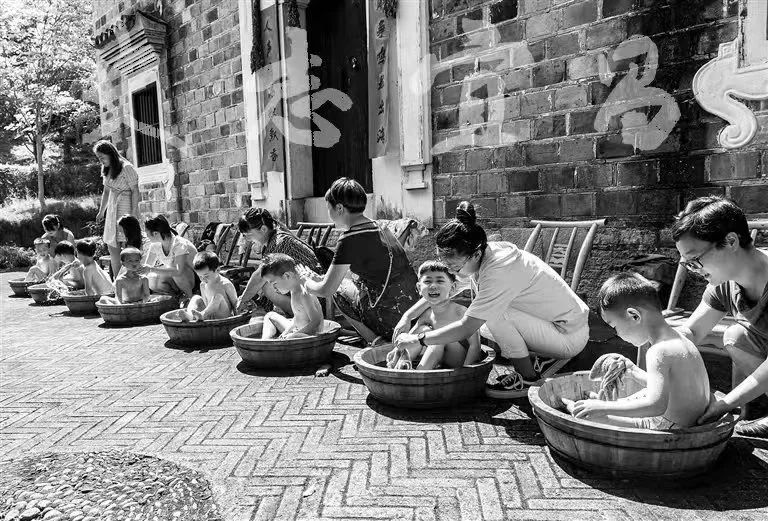
It can be seen that there were 12 folk customs of the Dragon Boat Festival in ancient Yichang. The Dragon Boat Festival in Yichang inherits the ancient customs today, and some customs have been submerged in the long river of history and are unknown.
Hanging Aipu
In the fifth month of the lunar calendar, at the beginning of midsummer, the sun’s spirit began to flourish, and all the five poisons came out. Yichang people’s custom of hanging mugwort and calamus at home has been inherited to this day.
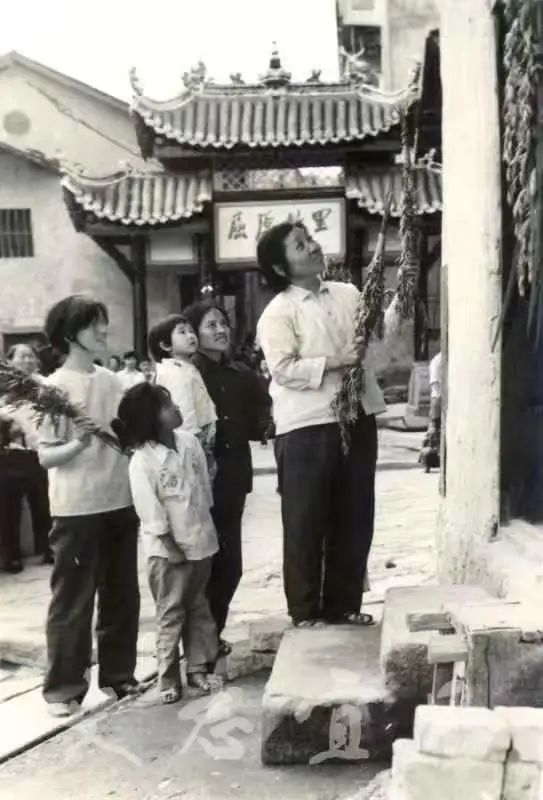
Both Artemisia argyi and Acorus calamus are commonly used Chinese herbal medicines. Artemisia argyi can dispel cold and remove dampness, warm meridians and stop bleeding, while Acorus calamus can eliminate phlegm, regulate qi and promote blood circulation, invigorate spleen and stomach. Artemisia argyi and Acorus calamus have strange fragrance, which can dispel filth and turbidity, detoxify and drive away evil spirits and prevent diseases.
eat Zongzi
Eating zongzi is the standard of Dragon Boat Festival. The ancient zongzi, also known as horn millet, was made by wrapping the millet into a triangle with bamboo leaves or reed leaves and winding it with colorful threads. Legend has it that the origin of zongzi is related to the memorial to Qu Yuan. People throw zongzi into the river to prevent fish and turtles from eating Qu Yuan who threw themselves into the river, so Yichang people eat zongzi to commemorate Qu Yuan on the Dragon Boat Festival. This custom has always been followed.
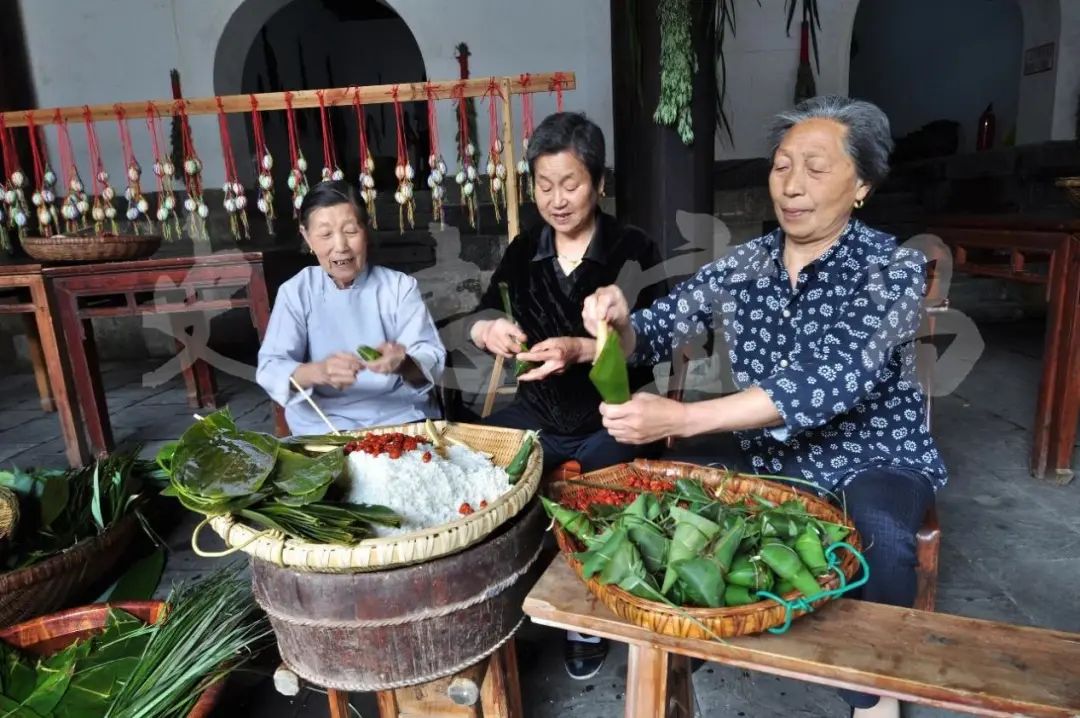
The most traditional zongzi in Zigui County, Yichang City, Qu Yuan’s hometown, is red-hearted zongzi. Adding red dates to glutinous rice is called jujube zongzi, which places people’s good wishes of "learning early in school". At present, Zigui County has also produced navel orange dumplings, yellow peach candied dates dumplings and other flavor dumplings with unique local characteristics.
Eat salted eggs
Salted eggs are carefully preserved duck eggs. Zongzi and salted eggs are not only eaten at home, but also gifts for relatives and friends during the Dragon Boat Festival.
row dragon boats
According to the records of Sui Shu Geography:
"Qu Yuan went to the Miluo River in May, but the natives chased it to Dongting Lake, but the lake was big and the boat was small, so those who didn’t benefit from it sang,’ How can we cross the lake? Because of the drums and drums, it is a game of racing. Its rapidity, singing, shaking land and water, the audience is like a cloud, and the counties are straightforward, while Nanjun is especially prosperous. "
The custom of rowing dragon boats has a long history and a wide range of inheritance. Dragon boat race is generally believed to have originated in memory of Qu Yuan. In ancient Yichang, dragon boat races usually lasted for several days.
Su Shi wrote in a poem:
"Chu people are sad about Qu Yuan, and they have not rested for a thousand years. Where the spirit floats, the father choked. ….. The legacy has become a race, lamenting that Chushan is cracked. "
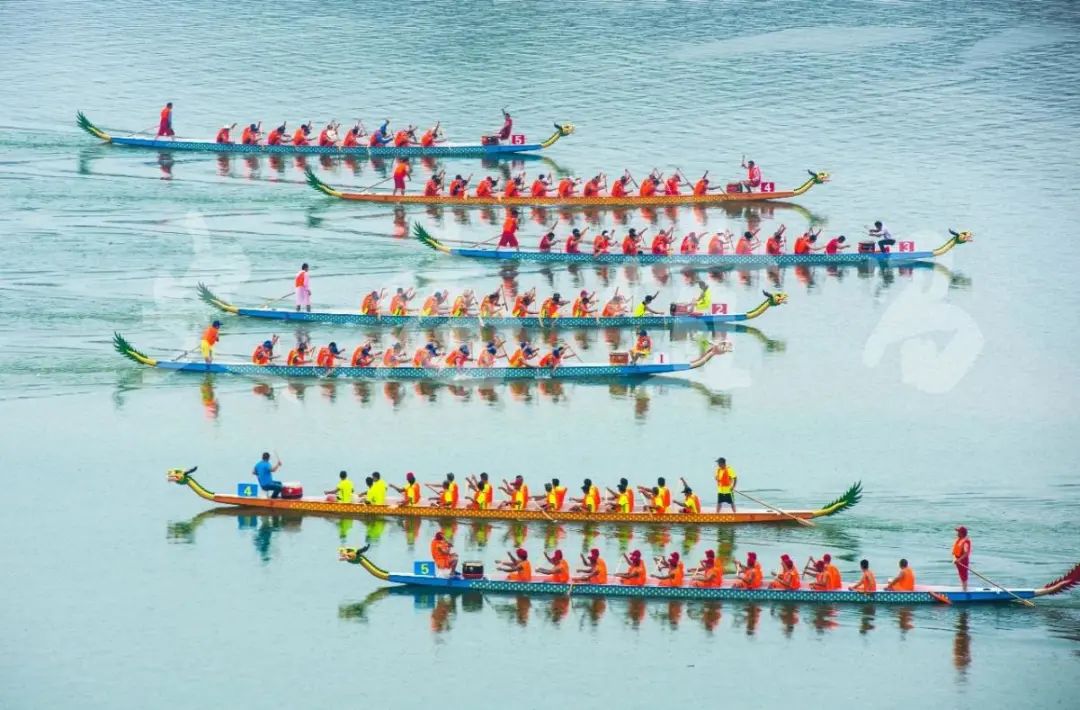
In Zigui, Qu Yuan’s hometown, dragon boat races are especially admired by people. On May 5, Quyuan threw himself into the river, and his hometown elders sacrificed on the river. Long song evokes spirits, races in a canoe, and shouts loudly, which is very tragic.
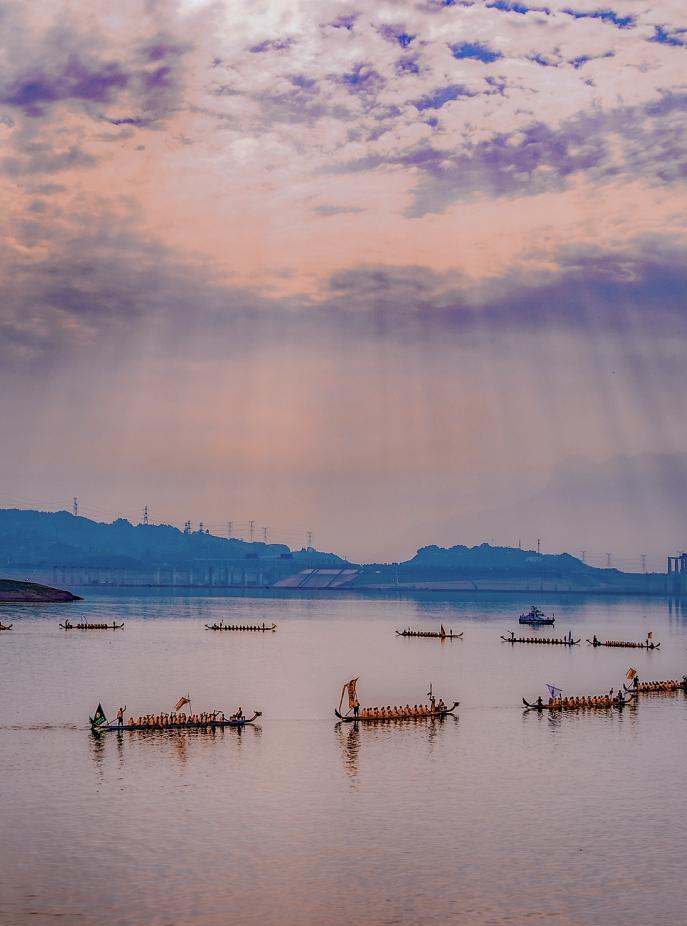
Figure/Hubei Daily
Dragon boat race is the soul of the Dragon Boat Festival, and it is the most grand and grand mass activity of the Dragon Boat Festival. The dragon boat race is held in the Yangtze River, and the drums in the river are loud, the river bank is crowded with people, and the whole city is empty, which has become a magnificent scenery of the Dragon Boat Festival in Yichang.
Drink realgar wine
Realgar and cinnabar, both mineral Chinese medicines, are toxic. Realgar is mainly used for eliminating dampness, expelling wind, killing insects and detoxifying, while cinnabar has the effects of clearing away heart-fire, calming the nerves and detoxifying. Realgar cinnabar wine is a medicinal liquor, so it must be prepared very carefully, otherwise it will be easy to be poisoned and worry about your life. The custom of drinking realgar cinnabar wine has been lost, which is probably related to this.
Drink realgar cinnabar wine at noon on Dragon Boat Festival, and choose it at the peak of yang in the day, in order to get the drug into the body, eliminate evil spirits and strengthen the body. Realgar containing arsenic and cinnabar containing mercury were two very mysterious substances in ancient China. Not only does Chinese medicine "fight poison with poison" surprise, but it is also loved by Taoist alchemists, among which cinnabar is the main raw material for alchemy.
Xiaosa courtyard
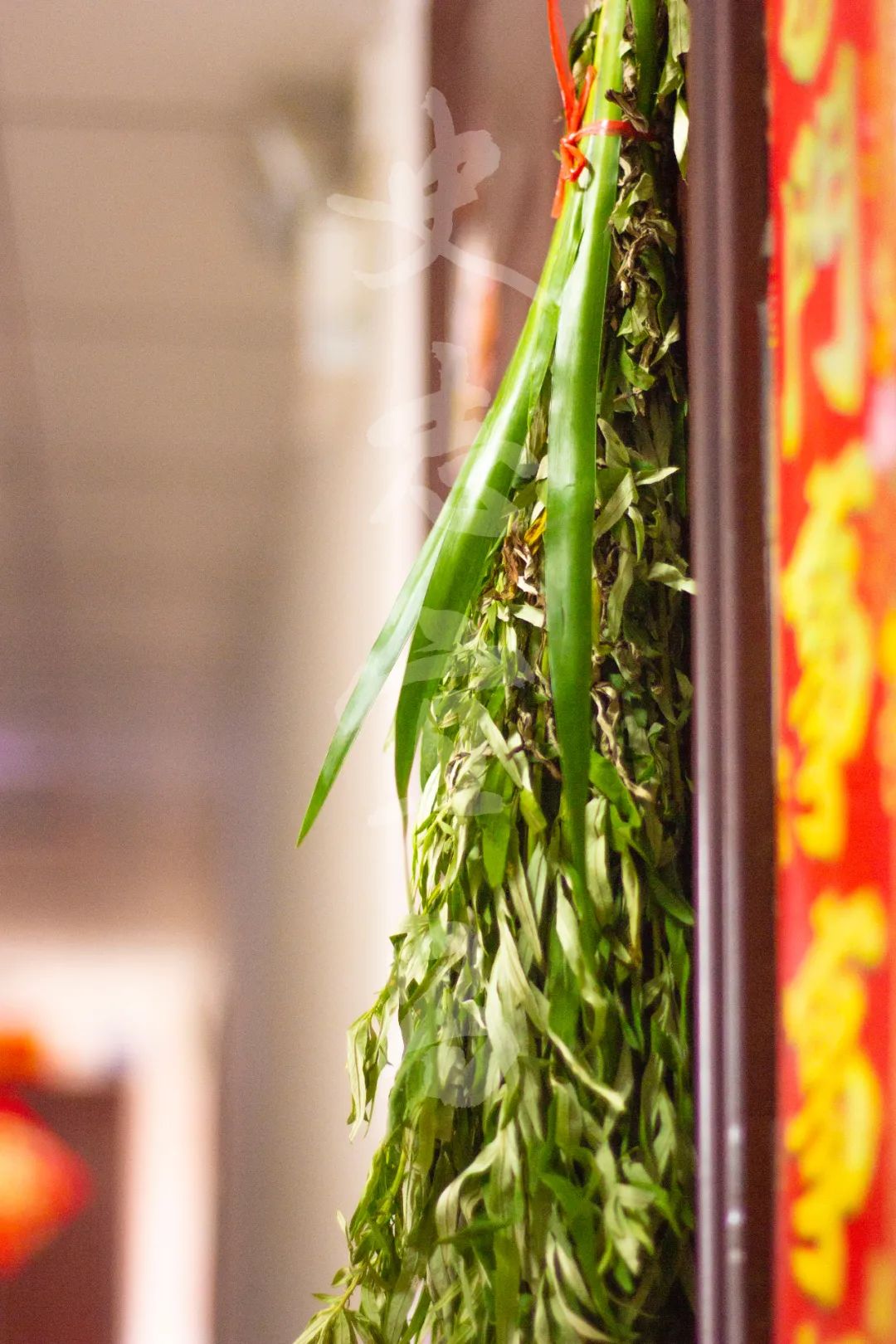
Soak Artemisia argyi and Acorus calamus in realgar cinnabar wine and sprinkle it all over the corners of indoor doors and windows and the bedside of tables and cabinets to drive away mosquitoes and prevent snakes and scorpions.
Dianzhusha
Apply realgar cinnabar wine to children’s eyebrows, behind their ears, palms and soles, and belly buttons, in order to avoid all kinds of poison.
Wearing a cocoon tiger (Ai Hu)
Women choose yellow new silkworm cocoons, paint them as tigers, decorate them with mugwort leaves, and hang them on their hairpins, so that they can be worn by people of all ages to drive away poison and evil spirits and pray for health and longevity.
In the Eastern Han Dynasty, Ying Shao’s "Customs Tongyi" recorded: "On May 5 th, the life was renewed, and the custom was beneficial to human life."
In ancient Dragon Boat Festival, colorful silk was wrapped around the left arm to avoid ghosts and evil spirits, avoid military disasters (war), get rid of illness and plague, and prolong life, which was called life-prolonging silk. Cocoon tiger, choose cocoon, cocoon can be peeled and stretched continuously; Broken cocoon become a butterfly, life cycle; Being a tiger, a tiger is a king of beasts, which can cure all kinds of poisons. Wearing a cocoon tiger is probably the evolution and extension of the custom of winding silk. Young women wear cocoons and tigers, and they also pray for more children and more happiness. Girls wear cocoon and tiger headdresses, which often show off their ingenuity. Since the Tang and Song Dynasties, there have been many vivid descriptions of women wearing cocoon tigers or Ai Hu in poems.
Sun toad venom ink
Venenum Bufonis ink is an almost lost folk prescription of traditional Chinese medicine, which is mainly used for treating carbuncle, promoting blood circulation, removing blood stasis, relieving swelling and pain, and clearing away heat and toxic materials. Some elderly people may still remember suffering from mumps or herpes, and they will ask Mr. Xue to dip his brush in ink and paint on the affected area for treatment. The ink used by Mr. Wang is not ordinary ink, but toad venom ink.
On the Dragon Boat Festival, toads (commonly known as toads), which are among the top five poisons, are the most toxic, and making toad venom ink has the strongest medicinal properties. People catch large toads, put ink blocks (referring to Four Treasures of the Study ink, also known as Mo Ding or ink sticks) from their mouths into their bellies, tie them tightly with thread, and hang them to dry. Venenum Bufonis secreted by toad is a precious traditional Chinese medicine. Dry ink block can fully absorb Venenum Bufonis in toad body before it can become Venenum Bufonis ink.
Venenum bufonis ink is a common medicine at home. Due to the large number of toads caught in the Dragon Boat Festival as medicine, the number of toads suddenly decreased, and the folk joked that "toads hide in the Dragon Boat Festival".
Collecting herbs
In Yichang mountain area, there is a custom of collecting herbs and storing them at the Dragon Boat Festival. People think that the medicinal properties of herbs on this day are the best, and the herbs collected with dew are precious.
Dragon boat festival
It is a unique custom in Yichang that the fifth day of May is Xiaoduanyang and the fifteenth day of May is Daduanyang, which has continued to this day.
Before the Dragon Boat Festival, all the girls married in Yichang have to rush back to their parents’ homes for the holidays, which is a characteristic custom, which is called "hiding from the sun" by the people. According to legend, it is to "hide in the afternoon", and May 5 is an evil day, so parents have to take their daughters home to avoid the "evil day".
On the day of Daduanyang on May 15th, besides eating zongzi, every family should drink Pu wine. A large-scale dragon boat race will be held on this day.
Drink pu wine
On the fifth day of May, people brewed Pu wine with fresh calamus, and after ten days of sealed fermentation, they unsealed it and drank it on the day of Daduanyang.
Pu wine is a health-preserving medicinal liquor, which has the effects of eliminating dampness and promoting blood circulation, refreshing and resolving phlegm, improving hearing and eyesight, strengthening body weight and strengthening bones, and can prolong life, which is talked about by the people. In addition, Pu wine is beautiful in color, elegant in aroma and sweet in taste, which is liked by palaces and literati in past dynasties, and there are a lot of ancient poems praising Pu wine. The custom of drinking Pu wine is rare now.
///
Original title: "It turns out that the custom of the Dragon Boat Festival is not only to eat zongzi, but also these …"
Read the original text